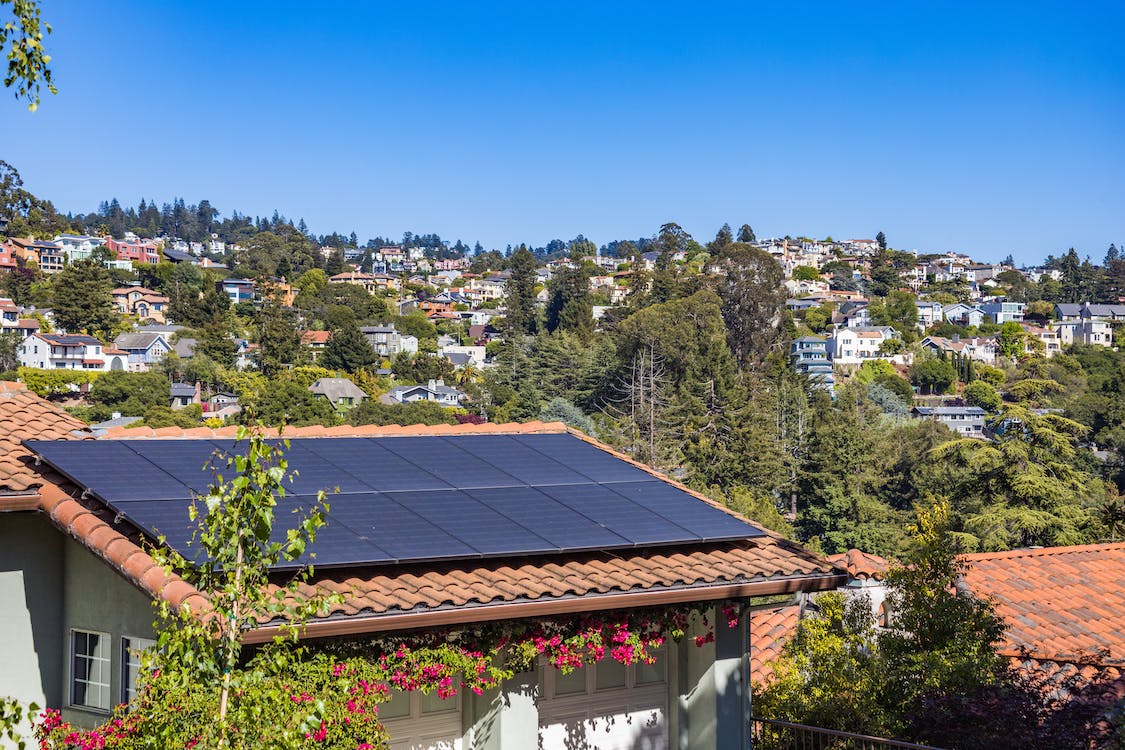Europe has recognised the value of the heat pump
I was always curious to find out how things work and that is the reason that I studied engineering. I still remember how fascinated I was when I was first taught at college how heat pumps work.
The clever thing about a heat pump is that, as the name implies, it absorbs heat from one side of a barrier, like a wall, and pumps it to the other side.
This is how our fridge at home works or even better, the air conditioning unit you have at home. During the summer, it absorbs heat from inside the room and pumps it outside and during the winter, it pumps heat from outside into the house.
The magical thing about it is that it only consumes the energy needed for the pumping. Compare this, for instance, to an electric heater that releases all the energy (electricity) it consumes into the room as heat, giving us almost 100 per cent efficiency. A heat pump, on the other hand, operates at 300 per cent efficiency and more, simply because it pumps energy.
We have known all this for many years now, but the energy crisis in Europe, the drive to reduce emissions to save the climate, and the low cost of electricity production via photovoltaics, has suddenly made heat pumps extremely popular in Europe.
Ideally one could remove the oil burner from the central heating system of a house and replace it with a heat pump. To get the full benefit one can also install a number of photovoltaic panels on the roof and if you do the maths correctly, you will be able to heat your house during the winter, as well as have all the electricity for the daily needs of your house, free of charge.
If you have some more money to spare, you can also provide for the air conditioning needs of the house during the summer. All these benefits for free.
It’s all these benefits that are causing so much fuss now in Europe, where they have more than 400,000 vacancies of trained and certified heat pump installers and technicians.
The only drawback to using heat pumps, is that for the moment heat pumps are expensive, but as the market increases prices will definitely come down.
There is of course a lower-cost but less efficient heating alternative: using normal electric heaters that again run on energy from PV systems on the roof. This is a much cheaper alternative, but it needs a lot more photovoltaic panels on the roof.
In Cyprus a lot of people tried to install these solutions and the government tried for a while to block them by introducing a rule that the max power produced by a PV system cannot exceed more than 80 per cent of the electricity use of the previous year.
After the public outcry this limitation was later on removed.
With Europe moving slowly but steadily away from fossil fuels, we now see countries, like Austria, setting a cut-off date after which no-one will be allowed to install a new fossil fuel based central heating system.
It is imperative therefore, to fix our electricity network, promote the installation of PV systems on every roof, and come up with a funding/support scheme with which we will be able to heat our homes using renewable energy for the good of the planet and our pocket.
Charalampos Theopemptou is leader of the Greens and chairman of the House environment committee







Click here to change your cookie preferences